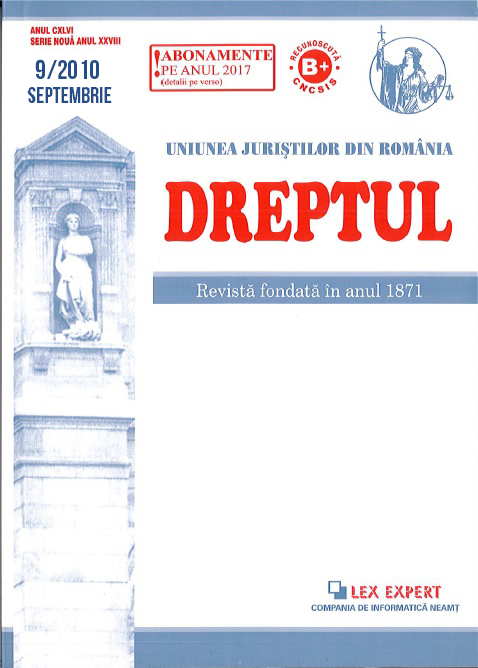The content of the paper reveals the changes in the E.C.H.R. case law occurred in the matter of interrogation of the prosecution witnesses following the pronouncement of the judgments in the cases Al-Khawaja and Tahery v. the United Kingdom, respectively Schatschaschwili v. Germany. The author considers that by the two judgments E.C.H.R. has returned to each of the three conditions imposed by its own case -law for the use as evidence of „anonymous statements”, establishing the exact opposite of those estab lished by its previous case law on those conditions. At the same time, the author emphasizes that through the analyzed judgments E.C.H.R. has practically radically changed its case law outlined over more than 20 years. Next, it proceeds to the presentation of the grounds retained by the E.C.H.R. in the two cases, after which the author emphasizes the obvious contradictions existing between these grounds and those established by the E.C.H.R. on the same issues in previous cases. Finally, the author points out that, despite the contradictions and inconsistencies shown in this paper, presently the case law Al-Khawaja and Tahery – Schatschaschwili exclusively governs the conditions under which it is determined whether by using the „anonymous” or „unverified” statements it has been violated or not the procedural guarantee written down in Article 6 (3) d) of the Convention.


